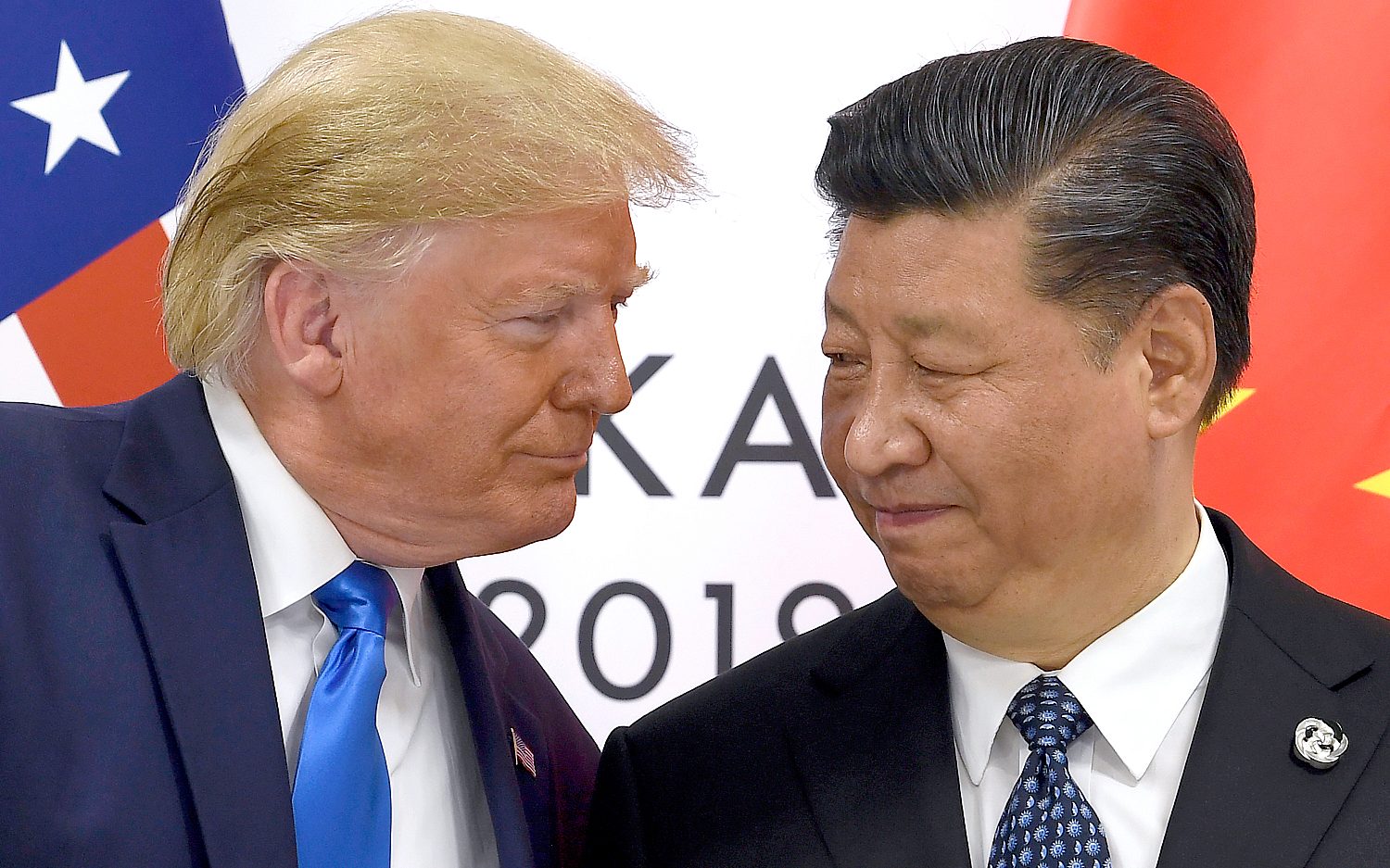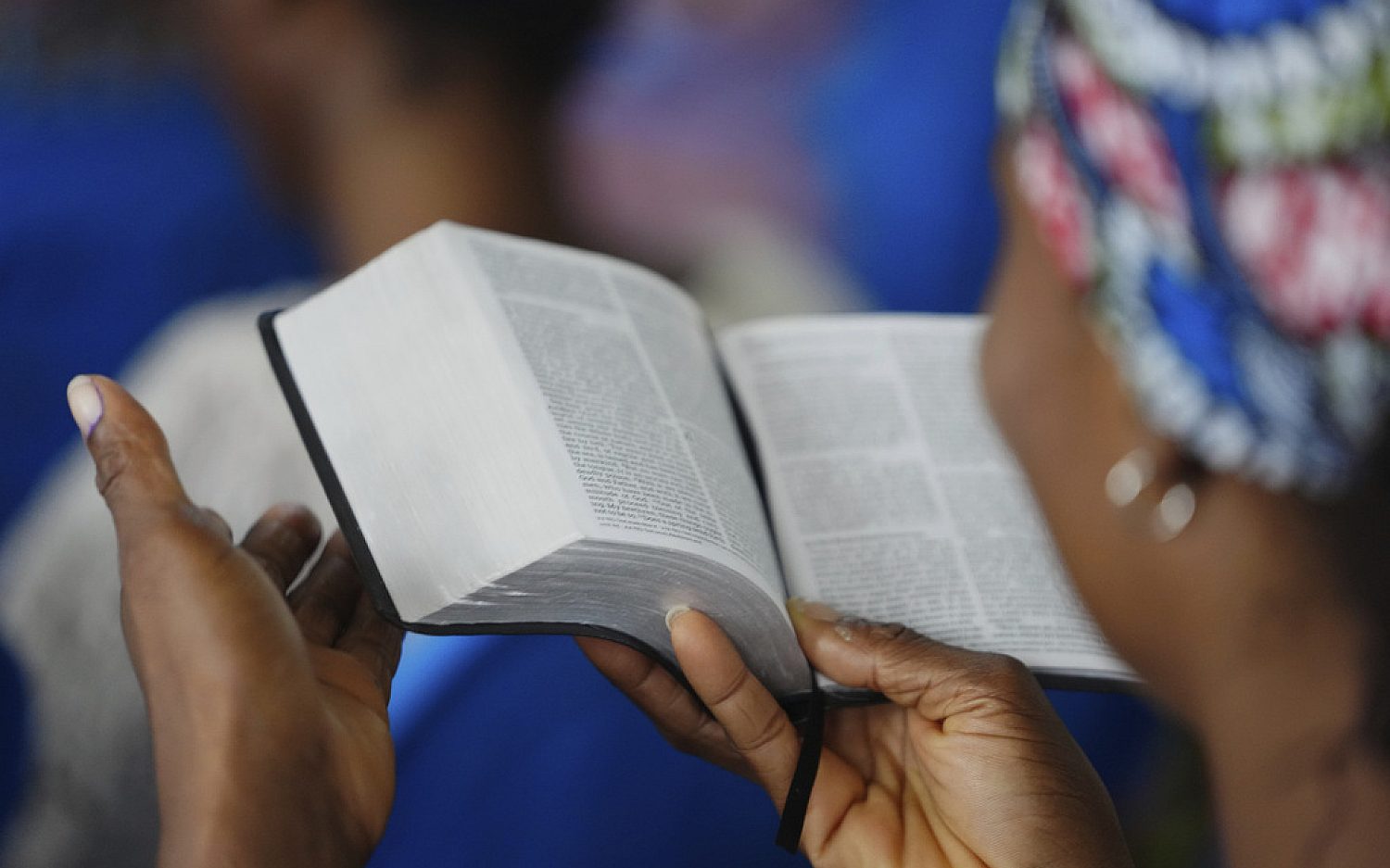Trump’s orders stir frustration, uncertainty in Africa
The bans on refugees and some travelers could impact more than migration
President Donald Trump’s executive order to temporarily halt the refugee program and ban travelers from some countries has turned back hundreds of African refugees and left thousands more struggling to adjust to the decision.
The executive order includes three African countries: Sudan, Somalia, and Libya. Analysts and state leaders across the continent have said the order’s effects could reach beyond temporarily blocking migrants.
A UN refugee agency official Monday said the executive order stopped more than 200 Somali refugees in Kenyan refugee camps from leaving for the United States. The agency’s media officer Yvonne Ndege yesterday said the ban halted the resettlement process for another 13,000 refugees who already received approval from U.S. Citizenship and Immigration Service.
Suleiman Yusuf, a Somali refugee who served as a headmaster in Kenya’s camp Dadaab, said he had waited 10 years to resettle in the United States, but the executive order halted his plans.
“I was to be resettled in Minnesota,” he said. “I was hoping to start a new life in America, but we are now stuck going back to Dadaab.”
Mo Farah, a Somali-born Olympian, said he was relieved the order would not affect him after expressing concern he would not be able to return to his family in the United States. Farah, who is currently training in Ethiopia, denounced the ban as “divisive and discriminatory.”
Sudan described the decision as “truly unfortunate.” The Obama administration in its last days in office eased an economic embargo on Sudan in a bid to enhance cooperation against terrorism. Sudan’s Foreign Ministry said it summoned the American envoy in the country’s capital to express disapproval of the travel ban.
UN Secretary General Antonio Guterres on Monday lauded African countries for their openness to refugees while speaking at an African Union summit in Ethiopia. Though he made no direct reference to the United States’ policy, Guterres said African nations are among the most generous hosts of refugees.
“African borders remain open for those in need of protection when so many borders are being closed, even in the most developed countries of the world,” he said.
The UN refugee agency said sub-Saharan African countries host more than 18 million refugees, amounting to about 26 percent of the world’s refugee population.
Ebrahim Deen, a researcher with the South Africa–based Afro Middle East Center, said Africans are willing to accommodate each other, but the countries’ porous borders also make it more necessary to offer assistance. Kenya, for instance, has opened its borders to neighboring Somali refugees and aided in the fight against terror group al-Shabaab in a bid to also protect its own country, Deen explained.
Beyond blocking refugees, Deen said the executive order could undermine U.S. efforts in tackling al-Shabaab’s insurgency in Somalia, which involve airstrikes and military training.
Supporters of the executive actions in the United States say they are necessary to improve national security. House Speaker Paul Ryan, R-Wis., today acknowledged the confusion in implementing the changes, but called them a needed step.
“The president has a responsibility to the security of this country,” Ryan said. “We need the pause and we need to make sure the vetting standards are up to snuff.”
An actual newsletter worth subscribing to instead of just a collection of links. —Adam
Sign up to receive The Sift email newsletter each weekday morning for the latest headlines from WORLD’s breaking news team.





Please wait while we load the latest comments...
Comments
Please register, subscribe, or log in to comment on this article.